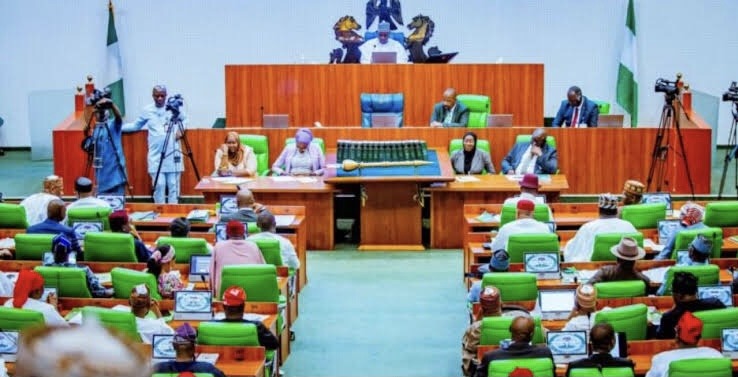State Police Bill Advances As House Of Representatives Approves Second Reading

The House of Representatives has taken a significant step towards addressing the nation’s security challenges by passing the State Police Bill through its second reading.
Sponsored by Deputy Speaker Benjamin Kalu and supported by 14 others, the bill aims to reposition law enforcement by transferring the authority over police matters from the exclusive legislative list to the concurrent legislative list as outlined in the 1999 Constitution.
In response to escalating insecurity across the country, the bill, composed of 18 clauses, targets amendments to several sections of the Constitution, including sections 34, 35, 39, 42, 84, 89, 129, 153, 197, 214, 215, and 216.
During the deliberations, Representative Muktar Shagaya from Kwara State emphasized that the bill offers a strategic approach to tackling security challenges by granting states the autonomy to address local issues effectively.
Support for the bill echoed from various lawmakers, including Ahmed Jaha from Borno, who stressed the distinction between internal security responsibilities assigned to the police and those of the Nigerian army. He urged colleagues to prioritize national interest over personal sentiments.
Babajimi Benson from Lagos proposed a licensing mechanism for the police, akin to that of universities, suggesting that states meeting the necessary criteria could establish their police forces.
Aliyu Madaki from Kano, who previously opposed similar legislation, cited the current precarious security situation as a compelling reason to reconsider, emphasizing that state police would empower states to safeguard their territories effectively.
However, Sada Soli from Katsina expressed concerns about the financial viability of some states to sustain their police forces and warned against potential misuse of state police for political persecution.
Following extensive debates, Deputy Speaker Benjamin Kalu conducted a voice vote, with the majority of lawmakers endorsing the bill’s advancement.
This legislative move marks a renewed effort to establish state police, a proposal that has faced previous setbacks in the eight and ninth assemblies. To become law, the bill requires the support of a majority of State Houses of Assembly, reflecting a critical juncture in Nigeria’s ongoing discourse on security reform.

